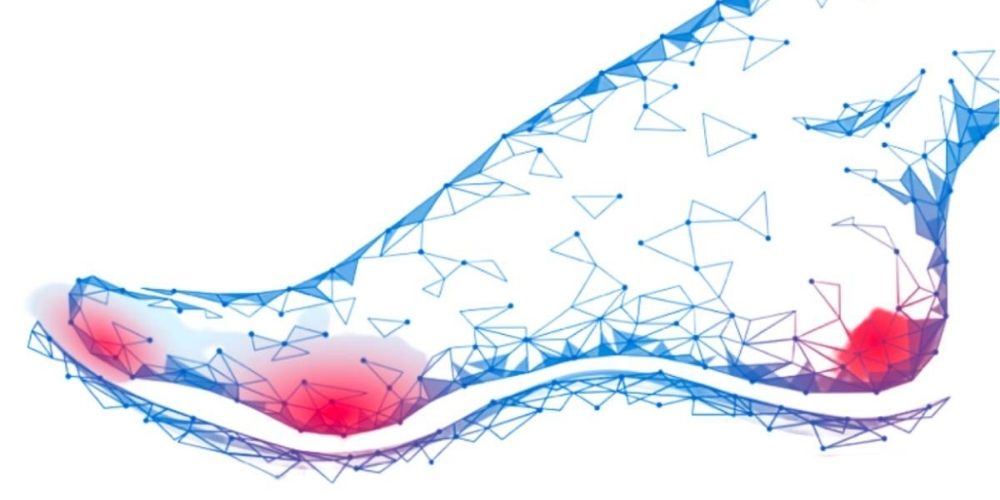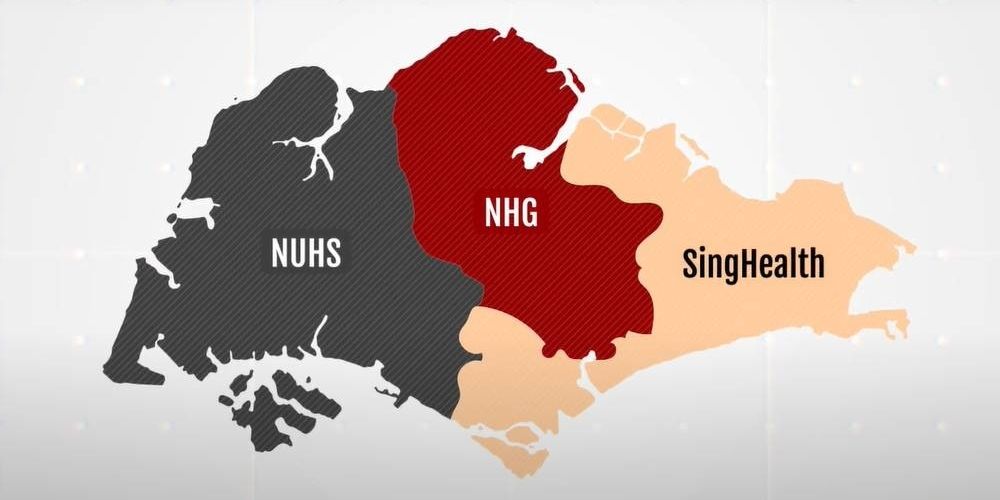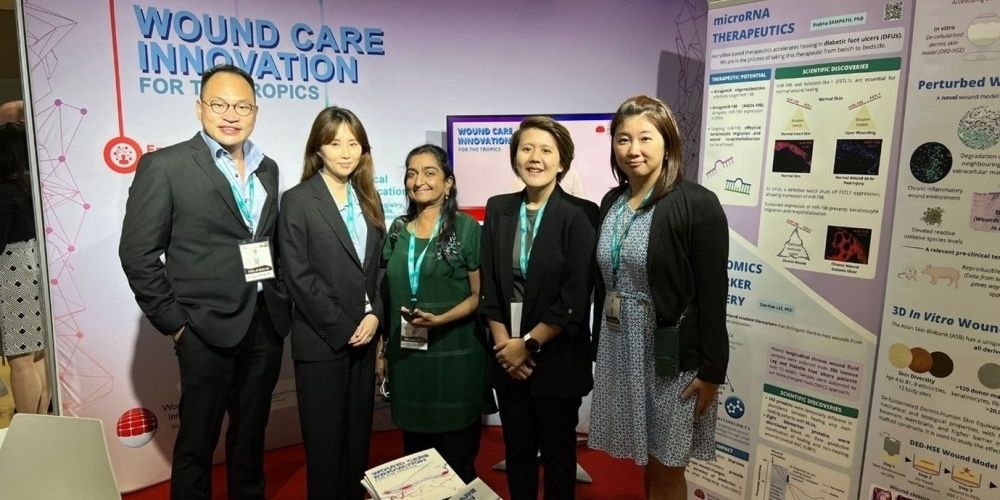A*STAR NEWS
Addressing The Silent Epidemic Of Chronic Wounds
The Wound Care Innovation for the Tropics (WCIT) is the world’s first large research programme that focuses on research in chronic wound care in the tropics, in Asian populations.
 The Wound Care Innovation for the Tropics (WCIT) is the world’s first large research programme that focuses on research in chronic wound care in the tropics, in Asian populations.
The Wound Care Innovation for the Tropics (WCIT) is the world’s first large research programme that focuses on research in chronic wound care in the tropics, in Asian populations.
A Social And Economic Imperative
Wounds that do not heal within four weeks are often considered chronic, and in many cases they may never heal or may take years to do so. Factors that affect wound healing include comorbidities such as diabetes, venous or arterial disease, infection, and metabolic deficiencies of old age.
For patients with 'hard-to-heal' wounds, the impact on their lives can be profound. They often experience anxiety and distress from the prolonged suffering. If not properly treated, wounds can also lead to severe infections, hospitalisation, or amputations and death in the worst cases.
On a larger scale, chronic wounds affect an estimated 2-6% of the populations in developed countries and has been calculated to represent 2% of Australia’s total national health expenditure and 5.5% of NHS spend in Wales. This poses a significant economic burden for healthcare systems, with the staggering cost of wound management which includes costs relating to multiple consultations and wound dressing change by healthcare professionals. These burden of wounds are expected to increase with an ageing population and the rising prevalence of diabetes and obesity in Singapore. In particular, Singapore has one of the world’s highest rates of amputations, with more than four diabetic lower limb amputations, occurring every day.
Treatment of chronic wounds is complex as different causative factors produce different types of non-healing wounds, which require different treatments. Often hidden as a comorbid condition, the growing social and economic burden of chronic wounds is a silent epidemic that needs to be addressed urgently.
Transforming Wound Care In Asia
The Wound Care Innovation for the Tropics (WCIT) Programme is the first in the world to focus on Asian populations in tropical climates. It is led by SRIS, a tripartite collaboration between the Agency for Science, Technology and Research (via its A*STAR Skin Research Labs, or A*SRL), the National Healthcare Group (NHG), and Nanyang Technological University (NTU).
The WCIT programme brings together leading researchers, industry partners and clinicians to accelerate the development of novel wound care technologies and therapies. It takes into account the region's unique challenges of humidity, infection, genetic factors, pigmentation and service delivery.
Dr Leah Vardy, Covering Executive Director of A*SRL explains, "Most of the wound research is carried out in the western world, which may not be fully reflective of the differences in ethnicity and climate in Asia. As such, it is imperative that we do research that is specific for Asian communities which accounts for more than 50 per cent of the world population, and for people living in warmer climates."
 The Singapore Wound Registry is a national effort by three healthcare clusters in Singapore to collect harmonised data about chronic wounds of patients across Singapore.
The Singapore Wound Registry is a national effort by three healthcare clusters in Singapore to collect harmonised data about chronic wounds of patients across Singapore.
As part of the WCIT programme, the Singapore Wound Registry was established in partnership with National University Health System, National Healthcare Group and SingHealth. The registry captures key data on neuro-ischemic ulcers (including diabetic foot ulcers), venous leg ulcers and pressure injuries, from over 800 patients across Singapore. Data from the registry sheds light on the patient population and burden of chronic wounds in Singapore, and enables healthcare providers to identify opportunities to deliver better wound care.
The WCIT Programme has gained significant traction in the local research and clinical community, as well as captured keen interest from major industry players in the wound care space since it started in 2018. Thus far, the programme has generated over 15 patents filed and 16 technology disclosures, more than 20 scientific awards, more than 50 publications and 3 clinical trials.
Solutions For The Holistic Management Of Wounds
By developing novel tools, devices, dressing and therapies, the WCIT programme aims to achieve better stratification between healing and non-healing wounds through biomarker identification, find better ways to treat both healthily colonised and infected wounds, and to stimulate healing leading to a shorter time to wound closure.
The WCIT programme currently has various ongoing technology-proving and proof-of-concept projects, which encompass the spectrum of wound care, from diagnostics and measurement to therapeutic solutions.
Dr Ng Yi Zhen, WCIT programme co-lead, and lead for Wounds at A*SRL says, “With a focus on cutting edge wound research and strong clinical networks, our aim is to position Singapore as the ‘Go To’ R&D hub for wound healing in Asia.”
 Dr Ng Yi Zhen (far right) and the WCIT team members attended the World Union of Wound Healing Societies (WUWHS)'s largest hybrid wound congress held in Abu Dhabi, from 1 - 5 March 2022. The team connected with global collaborators to discover, develop and introduce wound care innovations into practice for the healthcare system.
Dr Ng Yi Zhen (far right) and the WCIT team members attended the World Union of Wound Healing Societies (WUWHS)'s largest hybrid wound congress held in Abu Dhabi, from 1 - 5 March 2022. The team connected with global collaborators to discover, develop and introduce wound care innovations into practice for the healthcare system.
Was This Article Helpful ?
A*STAR celebrates International Women's Day

From groundbreaking discoveries to cutting-edge research, our researchers are empowering the next generation of female science, technology, engineering and mathematics (STEM) leaders.
Get inspired by our #WomeninSTEM
